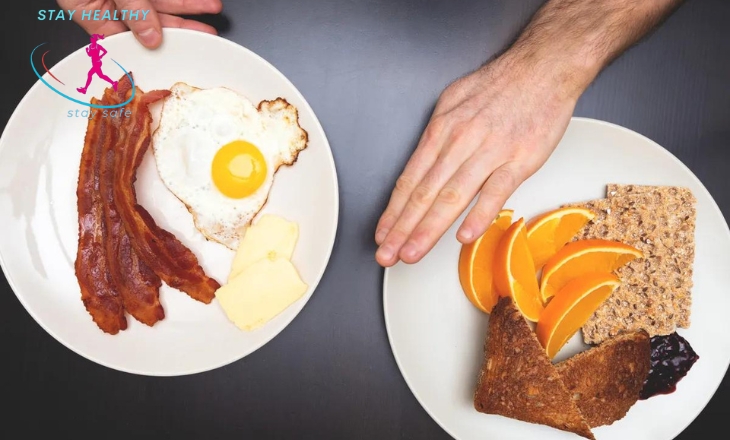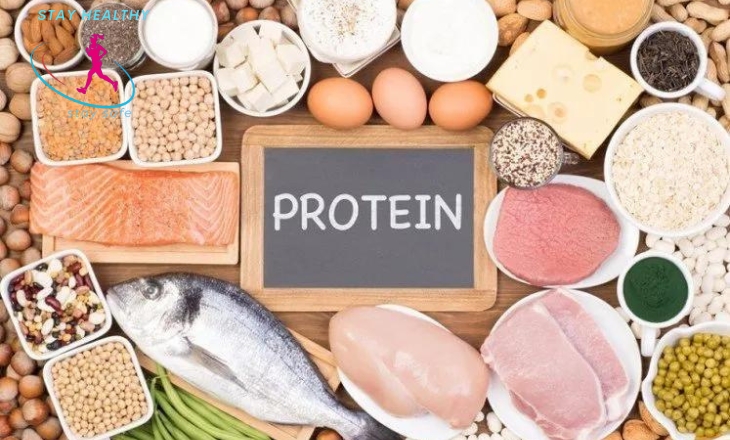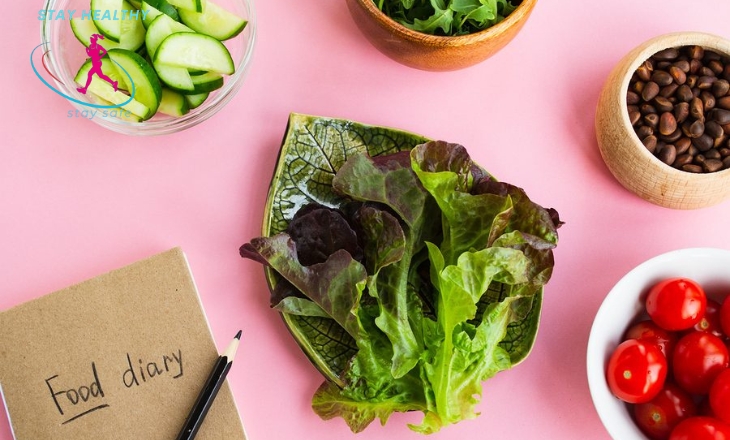Losing weight can be a challenging journey, especially for women who often face unique obstacles. But fear not! With the right approach and a personal touch, you can achieve your weight loss goals and improve your overall well-being.
In this article, we will provide you Weight Loss Tips for Women. These tips are backed by scientific research and expert advice, ensuring that you have the tools you need to succeed on your weight loss journey.
Basic Weight Loss Tips for Women
Choose whole grains like oats, brown rice, and quinoa over refined carbs to manage blood sugar levels.Incorporate resistance training into your routine to build muscle and burn more calories at rest. Drink more water, especially before meals, to help reduce calorie intake. Increase your intake of protein-rich foods like meat, poultry, and legumes to curb cravings and boost metabolism.Aim for at least seven hours of sleep each night to support weight loss and regulate hunger hormones.
Include cardio exercises in your weekly routine to burn extra calories and aid weight loss.Keep a food journal to track your intake and make healthier choices.Boost fiber intake by consuming fruits, vegetables, and whole grains to stay full longer and reduce calorie consumption.Practice mindful eating by focusing on your meal and eating slowly to prevent overeating.Avoid fad diets and focus on sustainable lifestyle changes for long-term weight loss success.
Cut Down on Refined Carbs
Refined carbs, such as white bread, pasta, and sugary snacks, are quickly digested and can cause blood sugar spikes, leading to increased hunger and cravings.Opt for whole grains like brown rice, quinoa, and whole wheat bread instead of refined grains . These foods contain more fiber, which can help you feel fuller for longer and stabilize blood sugar levels.

Include lean sources of protein in your meals, such as chicken, fish, tofu, or legumes. Protein can help you feel satisfied and reduce cravings for carbs. Non-starchy vegetables like broccoli, spinach, and peppers are low in carbs and high in fiber and nutrients. They can add volume to your meals without adding many calories or carbs. Sugar-sweetened drinks like soda and sweetened iced tea are high in refined carbs.
Add Resistance Training to Your Routine
Focus on compound exercises that target multiple muscle groups, such as squats, lunges, deadlifts, push-ups, and rows. These exercises engage more muscles and burn more calories.
If you’re new to resistance training, begin with lighter weights and gradually increase the intensity as you get stronger.Vary your exercises and incorporate different equipment like dumbbells, resistance bands, or weight machines.
This will challenge your muscles in different ways and prevent boredom.Prioritize proper form: Focus on maintaining proper form throughout each exercise to maximize effectiveness and reduce the risk of injury. Consider working with a certified personal trainer to ensure proper technique. While resistance training is important for building muscle, don’t forget to include cardiovascular exercises like jogging, cycling, or swimming to burn additional calories and improve overall fitness.
Drink More Water
Drinking more water can indeed have a positive impact on weight loss efforts. Several studies have shown that increasing water intake can temporarily increase the number of calories burned and reduce calorie intake. Here’s what the research says:
Increase in Calories Burned:
One study found that drinking 16.9 ounces (500 ml) of water increased the metabolic rate by 30% in both men and women. This increase in metabolic rate was observed within 10 minutes and reached its maximum after 30-40 minutes .

Another analysis of data from the National Health and Nutrition Examination Survey (NHANES) found that inadequate hydration was associated with higher body mass index (BMI) and increased odds of obesity. This suggests that staying well-hydrated may play a role in weight regulation .
Reduction in Calorie Intake
Research has shown that drinking water before a meal can lead to a reduction in calorie intake. One study found that drinking 500 ml of water before a meal resulted in a 13% decrease in calorie consumption .
Another study found that when overweight adults drank 500 ml of water before each meal while following a lower-calorie diet, they experienced greater weight loss compared to those who only followed the diet without the additional water intake.
Eat More Protein
Including protein-rich foods such as meat, poultry, seafood, eggs, dairy, and legumes in your diet is crucial, particularly for weight loss goals. Research indicates that adopting a high-protein diet can help diminish cravings, enhance satiety, and ramp up metabolism.

A Short 12-week study revealed that a mere 15% increase in protein consumption led to a reduction of about 441 calories per day on average, ultimately resulting in a noteworthy weight loss of 11 pounds (5 kg).
Set a Regular Sleep Schedule
Research indicates that adequate sleep is as vital for weight loss as proper diet and exercise. Several studies have linked sleep deprivation with weight gain and elevated levels of ghrelin, the hunger-stimulating hormone.
A study involving women revealed that achieving a minimum of seven hours of sleep per night and enhancing overall sleep quality boosted the chances of successful weight loss by 33%.
Do More Cardio
Engaging in aerobic exercise, often referred to as cardio, is a fantastic way to elevate your heart rate and burn those extra calories. Research highlights that incorporating more cardio into your regimen can lead to substantial weight loss, particularly when combined with a nutritious diet.
For optimal outcomes, strive for around 20 to 40 minutes of cardio each day, totaling approximately 150 to 300 minutes per week.
Keep a Food Journal
Keeping a food journal to monitor your dietary intake is a simple method to stay accountable and opt for healthier options. It simplifies calorie counting, which proves to be a successful approach for weight management.

Maintaining a food journal aids in adhering to your goals and has the potential to lead to more significant long-term weight loss.
Conclusion
Top Weight Loss Tips for Women offer practical and sustainable strategies for women looking to achieve their fitness goals. By making simple changes such as opting for whole grains, incorporating resistance training, staying hydrated, and prioritizing quality sleep, women can embark on a journey toward improved health and well-being.
Remember, it’s about creating a balanced lifestyle that supports long-term success rather than quick fixes. By implementing these tips and staying committed to self-care, women can embrace their journey to a healthier, happier self.
FAQs
How should women fast to lose weight?
Two popular time-restricted eating approaches include the 16/8 method and the 14/10 method. In the 16/8 method, you fast for 16 hours and consume all your meals within an 8-hour window. For instance, you might eat between 9 a.m. and 5 p.m. or from noon to 8 p.m. On the other hand, the 14/10 method involves fasting for 14 hours and allowing yourself a 10-hour eating window.
How can I lose weight in 7 days naturally?
Reducing processed foods and added sugars in your diet can kickstart weight loss in just one week. Additionally, staying hydrated with plenty of water and increasing fiber intake can support this process. However, it’s important to note that various factors affect weight loss, so it’s advisable to pursue a slower and steadier approach, aiming for a sustainable loss of 0.5–2 pounds per week.
How to help my wife lose weight?
Discover nutritious foods to explore and incorporate into your diet. When dining out, suggest sharing an entrée with your partner. Engage in brisk walks together as an opportunity to bond and discuss your day. If running is your passion, invite your loved one to cycle alongside you for a joint workout.
How to lose 10kg in 3 weeks?
Ensure proper hydration by drinking an adequate amount of water. Balance your protein intake with each meal. Reduce carb consumption to manage body weight. Incorporate fat-burning exercises into your routine. Increase fiber intake at each meal. Establish a consistent sleep schedule based on scientific recommendations.
